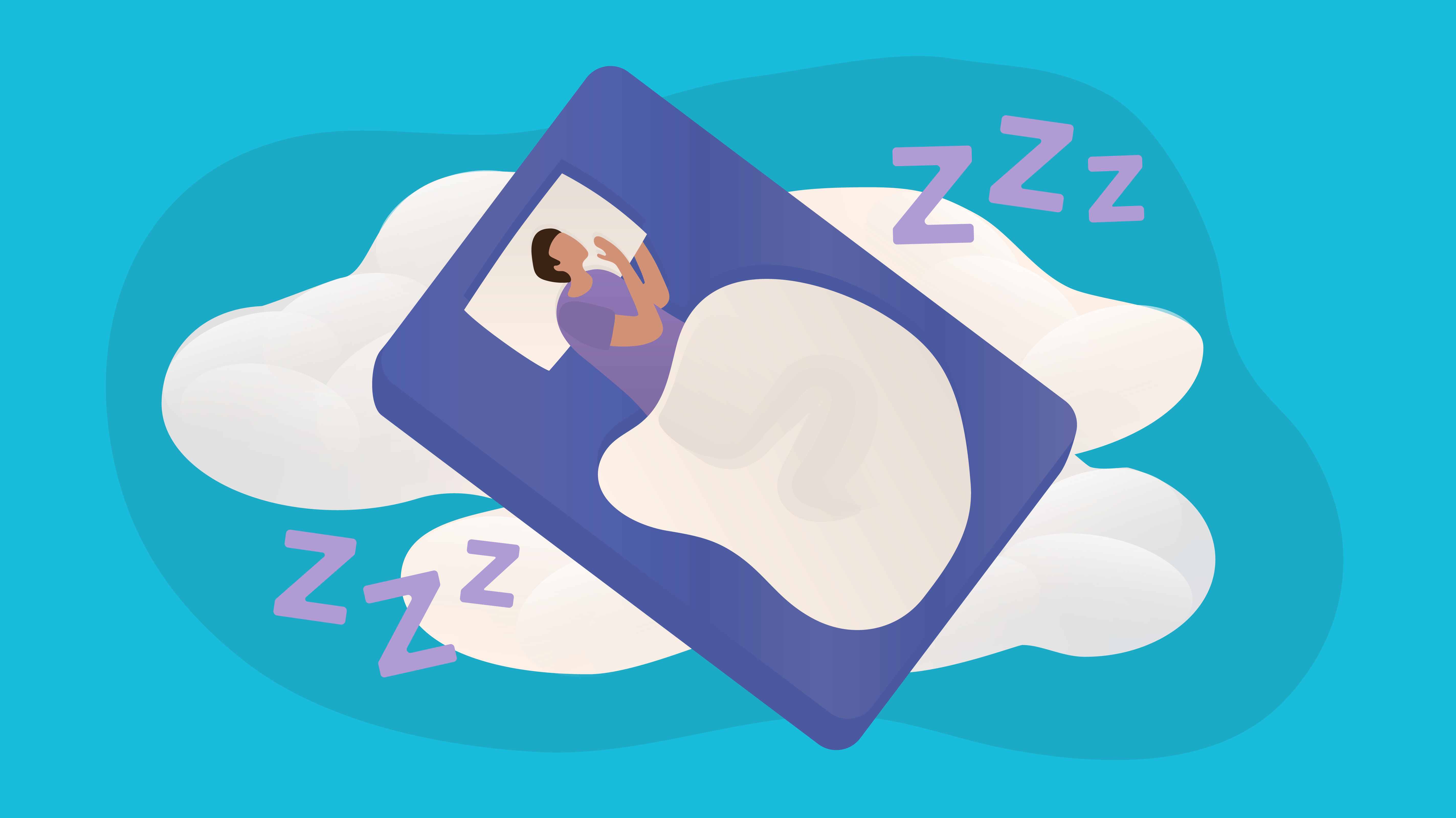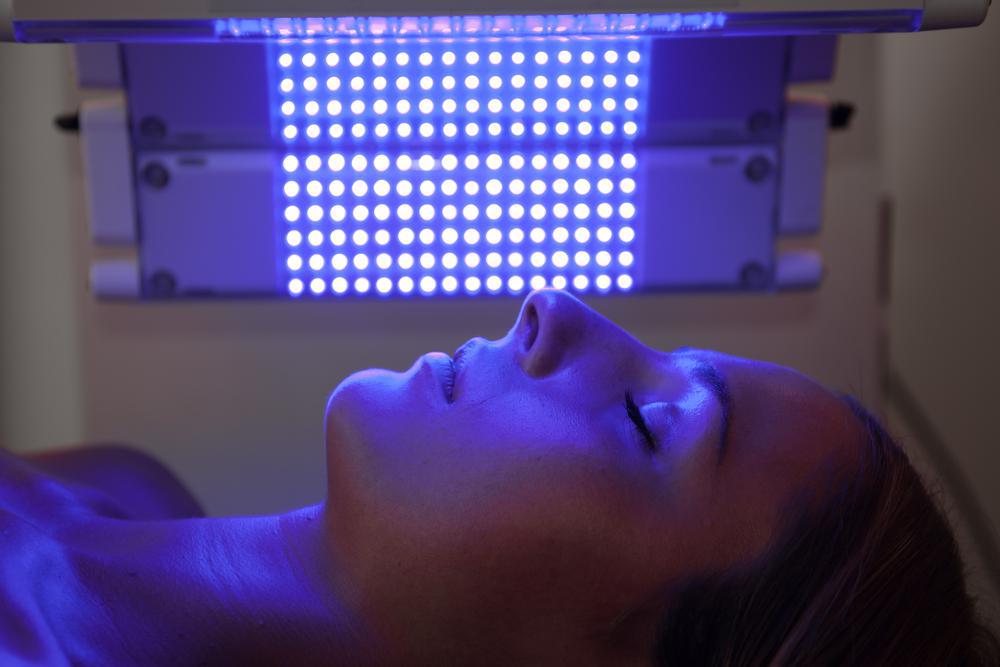Effective Therapy Solutions for Taking Care Of Rest Disorders and Enhancing Relaxing Rest
In the world of medical care, the administration of rest problems and the mission for restful sleep are crucial parts of general wellness. Effective therapy solutions provide a multifaceted technique to tackle these difficulties, ranging from cognitive behavioral treatments to holistic methods that advertise relaxation and mindfulness. The expedition of different methods, including the combination of medicine and light therapy, opens a realm of opportunities in the search of better rest quality. As we navigate the elaborate landscape of sleep conditions and look for to enhance our sleep experience, a much deeper understanding of these treatment services might hold the trick to opening a more rejuvenating and satisfying restorative trip.
Cognitive Behavior Treatment for Sleeplessness (CBT-I)
Cognitive Behavior Therapy for Sleeplessness (CBT-I) is a structured, evidence-based treatment strategy that concentrates on resolving the underlying factors contributing to rest disruptions. This kind of treatment intends to customize habits and ideas that intensify sleep problems, ultimately advertising healthy and balanced sleep patterns. CBT-I generally involves a number of crucial elements, consisting of cognitive treatment, rest constraint, stimulation control, and sleep health education and learning.
Cognitive treatment helps individuals identify and transform unfavorable idea patterns and ideas regarding rest that may be hindering their ability to fall or stay asleep. Sleep limitation includes restricting the quantity of time spent in bed to match the person's real rest period, consequently increasing rest effectiveness (sleep improvement therapy). Stimulation control strategies help develop a solid organization between the bed and rest by encouraging individuals to head to bed only when drowsy and to prevent taking part in stimulating tasks in bed
In addition, rest health education and learning concentrates on developing healthy and balanced rest behaviors, such as maintaining a regular sleep timetable, developing a relaxing bedtime regimen, and optimizing the sleep setting. By resolving these aspects adequately, CBT-I provides an effective non-pharmacological treatment for handling sleep problems and enhancing overall rest high quality.
Sleep Hygiene Practices
Having actually developed the foundation of cognitive restructuring and behavioral modifications in dealing with sleeplessness through Cognitive Behavioral Treatment for Insomnia (CBT-I), the focus now changes towards discovering vital Sleep Hygiene Practices for preserving optimum sleep high quality and general well-being.
Rest health techniques include a variety of routines and ecological factors that can considerably influence one's capacity to sleep and remain asleep throughout the evening. Consistent rest and wake times, developing a relaxing going to bed routine, and enhancing the rest setting by keeping it dark, peaceful, and cool are essential elements of good sleep hygiene. Limiting exposure to displays prior to bedtime, staying clear of energizers like high levels of caffeine near bedtime, and engaging in regular physical activity throughout the day can likewise promote much better rest quality.
Furthermore, practicing relaxation strategies such as deep breathing exercises or meditation before bed can help soothe the mind and visit this website prepare the body for sleep. By integrating these sleep health techniques into one's daily regimen, people can establish a healthy sleep pattern that sustains restful sleep and overall health.
Leisure Techniques and Mindfulness
Applying relaxation techniques and mindfulness methods can play a critical duty in fostering a sense of tranquility and promoting high quality rest. In addition, directed imagery can aid move individuals to a relaxed location in their minds, helping in tension reduction and boosting rest quality.
By incorporating these techniques into a going to bed routine, people can indicate to their bodies that it is time to prepare and take a break for sleep. Generally, integrating leisure techniques and mindfulness methods can substantially contribute to handling sleep conditions and improving overall sleep top quality.

Medicine Options for Rest Disorders
After discovering relaxation techniques and mindfulness techniques as non-pharmacological treatments for improving rest top quality, it is vital to take into consideration medication choices for people with rest problems. In cases where lifestyle changes and therapy do not supply sufficient relief, medication can be an important tool in handling sleep disturbances.
Commonly suggested drugs for sleep disorders consist of benzodiazepines, non-benzodiazepine hypnotics, antidepressants, and melatonin receptor agonists. Benzodiazepines, such as diazepam, are sedatives that can assist cause sleep, however they are usually recommended for short-term usage as a result of the danger of dependence. Non-benzodiazepine hypnotics like zolpidem are likewise used to treat sleep problems and have a reduced danger of reliance contrasted to benzodiazepines. Antidepressants, such as trazodone, can be useful for people with co-occurring clinical depression and rest disruptions. Melatonin receptor agonists, like ramelteon, target the body's all-natural sleep-wake cycle and can be helpful for controling rest patterns.
It is crucial for people to speak with a health care service provider to identify the most suitable drug option based on their specific sleep disorder and case history.
Light Therapy for Circadian Rhythm Law
Light treatment, likewise referred to complex ptsd and sleep as phototherapy, is a non-invasive therapy approach used to regulate circadian rhythms and enhance sleep-wake cycles. This treatment involves direct exposure to intense light that resembles all-natural sunshine, which aids to reset the body's interior clock. By subjecting individuals to particular wavelengths of light, commonly in the morning or evening depending on the desired effect, light treatment can successfully change the body clock to promote wakefulness throughout the day and boost relaxing sleep in the evening.
Research study has shown that light treatment can be specifically helpful for individuals with circadian rhythm disorders, such as postponed rest stage syndrome or jet lag. It can additionally be helpful for those experiencing seasonal affective disorder (SAD), a kind of depression that normally happens during the winter months when natural light exposure is reduced. Light treatment is typically well-tolerated and can be used combined with other treatment methods for rest disorders to optimize results and boost general rest top quality.
Conclusion
To conclude, effective treatment remedies for taking care of sleep problems visit our website and boosting relaxed sleep consist of Cognitive Behavioral Therapy for Sleeplessness (CBT-I), rest health techniques, relaxation strategies and mindfulness, medication alternatives, and light treatment for circadian rhythm law. These techniques can assist people enhance their sleep quality and overall health. It is very important to seek advice from with a doctor to identify one of the most suitable method for dealing with rest concerns.
As we navigate the complex landscape of rest disorders and look for to improve our rest experience, a deeper understanding of these therapy solutions may hold the key to unlocking an extra relaxing and satisfying corrective journey.
Rest limitation includes limiting the quantity of time spent in bed to match the individual's actual rest period, consequently boosting sleep performance. Constant sleep and wake times, creating a relaxing going to bed regimen, and enhancing the rest setting by keeping it dark, silent, and cool are essential elements of great sleep health. Light treatment is typically well-tolerated and can be used in combination with various other therapy methods for sleep disorders to enhance results and enhance total rest top quality.

Comments on “Comprehensive Sleep Disorder Treatment - Find the very best Solutions”